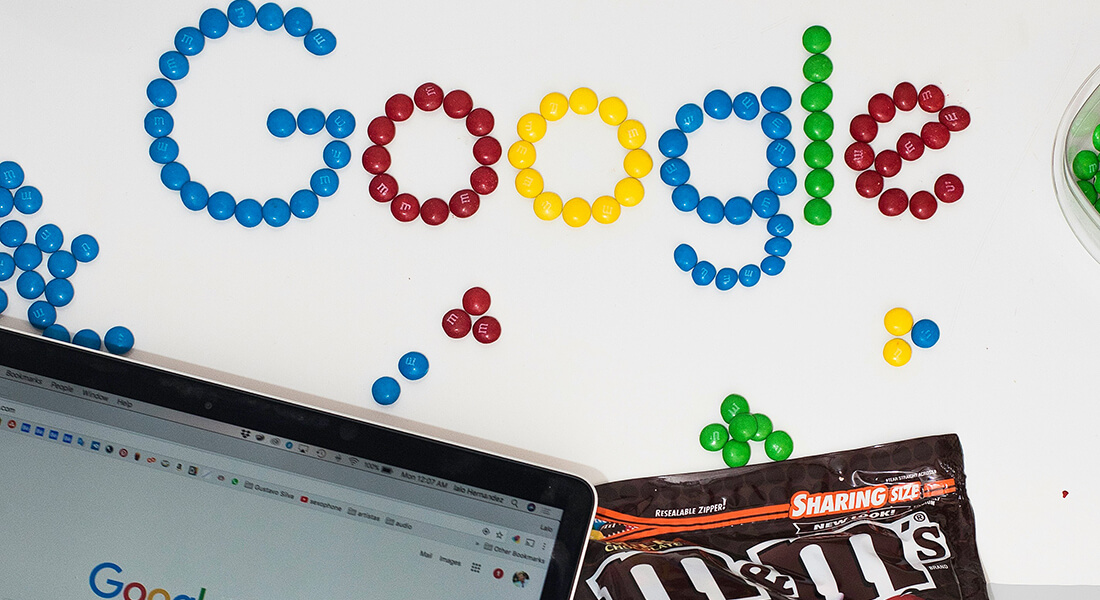Danish primary schools have become dependent on Google technologies. This threatens privacy, democracy, and educational autonomy, according to a new study from the University of Copenhagen.

In January 2024, the Danish Data Protection Agency ruled that the use of Google Chromebooks in Danish primary schools does not comply with EU data protection rules. This caused panic in local authorities and sparked a wider debate about whether the welfare state has become too dependent on global tech giants.
Now, a new research article from the University of Copenhagen shows that the Chromebook case is not just about GDPR - the researchers believe that, at a deeper level, it is about infrastructural dependency.
'We have identified five types of 'lock-ins' - situations where the public sector is locked into specific technological solutions,' says Lucas Cone, assistant professor at the Department of Communication.
A democratic challenge
Together with Signe Sophus Lai, assistant professor at the Department of Communication, Lucas Cone describes the five lock-ins as follows:
- Data lock-in: Schools become dependent on Google's systems, which collect and use data from students and teachers.
- Political lock-in: Digital solutions have become part of political modernization projects - and are therefore difficult to roll back.
- Regulatory lock-in: Legislation lags behind technology, and it is difficult to enforce rules on global players.
- Discursive lock-in: The debate is characterized by an "either Chromebooks or blackboards" rhetoric that makes alternatives invisible.
- Temporal lock-in: The longer the technology has been in use, the harder it becomes to switch to something else.
According to the researchers, the problem is not only technical - it is democratic.
'When the welfare state outsources key functions to private and commercial companies, it loses control over data, infrastructure, and pedagogy. It's not just about what we use technology for-it's about who owns and controls it,' points out Signe Sophus Lai.
What can we do?
Over half of Danish public schools use Google Chromebooks. The researchers point out that alternatives exist, but that they require political will and investment.
'Local and national actors can develop their own solutions that comply with legislation and provide more pedagogical freedom. But that requires us to dare to think about digitization in new ways,' says Lucas Cone.
The study, published in the scientific journal Learning, Media and Technology, is entitled 'Infrastructural dependency in the datafied welfare state: the case of Google Chromebooks.' It can be read here.






